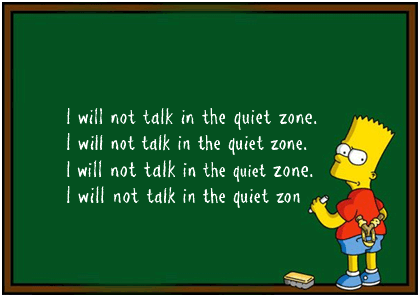This week’s edition marks the launch of Plug-in’s fifth year. If you enjoy it, please encourage friends to subscribe.
Black churches were hit hardest by the pandemic but did more to promote vaccines, according to a new study cited by ReligionUnplugged.com’s Clemente Lisi and Religion News Service’s Adelle M. Banks.
The Israel-Hamas war “has exposed a generational rift among U.S. Christians and their perceptions about the conflict.” Lifeway Research’s Aaron Earls details the differing views of young and old believers.
Also, a new national poll explores why most Republicans think former President Donald Trump is a person of faith. The Deseret News’ Samuel Benson delves into the findings.
This is our weekly roundup of the top headlines and best reads in the world of faith. We start by looking ahead to the (expected) major news of 2024.
What To Know: The Big Story
Campaign 2024: Hey, guess what? It’s a presidential election year.
ReligionUnplugged editor Clemente Lisi rounded up what you need to know about the faith-angles when discussing the candidates. The Catholic-beat scribe here at GetReligion also offered five Catholic news stories and trends to watch in 2024.
At The Conversation, Tobin Miller Shearer predicts how politics and religion will mix in 2024. He suggests three trends to track.
What will make news?: It’s impossible to know — in advance — what stories will dominate our attention in 2024.
But members of the Religion News Service team share the headlines they anticipate — from papal “reforms” to psychedelics to the aforementioned presidential voting.










